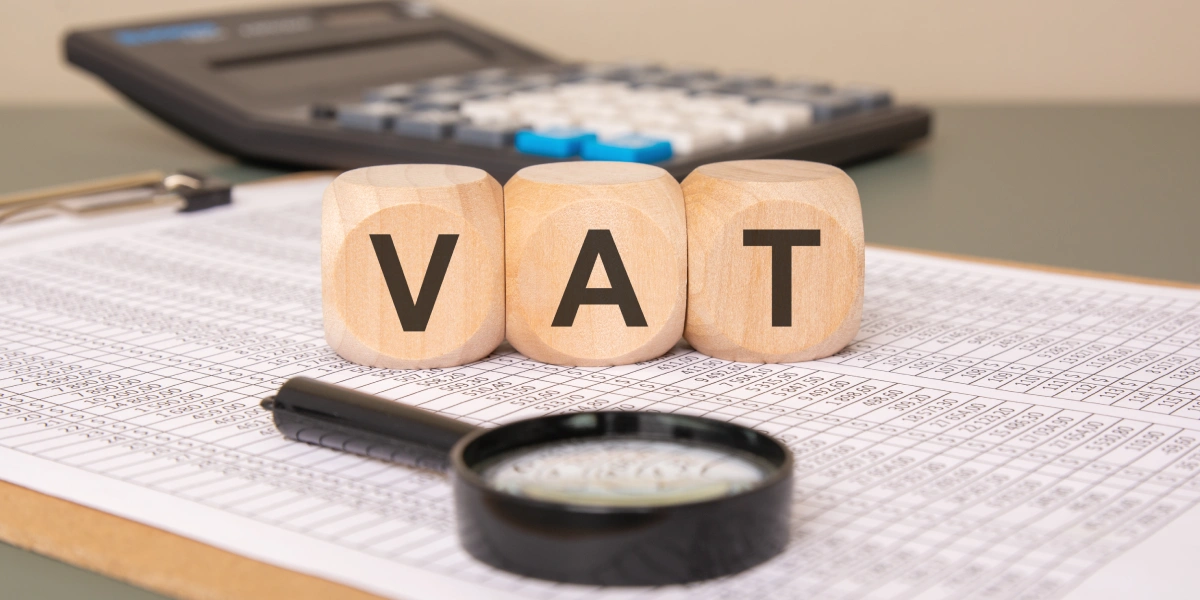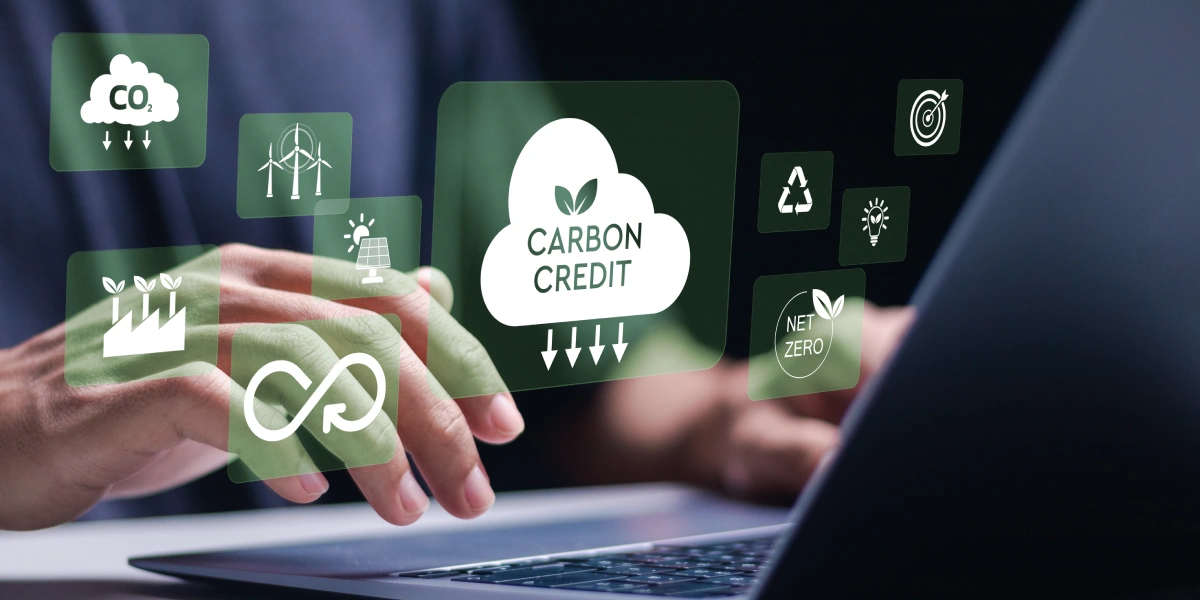VAT compliance is becoming increasingly difficult for UK businesses in 2026. With full implementation of Making Tax Digital and constant updates to sector-specific VAT rules, many companies are struggling to keep up. HMRC is also using more automated checks, which means even small mistakes can lead to penalties, delayed refunds, or unwanted attention. We regularly see businesses that mean well but fall short on VAT simply because they rely on basic software or generic advice. This is where a VAT expert makes a clear difference. VAT is not just about submitting returns. It requires careful interpretation of how the rules apply to your services, your sector, and your structure.
We help businesses across the UK handle VAT with confidence. Our team provides VAT expert advice that supports compliance, reduces risk, and helps you stay ahead of problems before they arise. This article explains why VAT expertise matters more than ever in 2026 and how we can support you.
The Growing Complexity of VAT in 2026
UK businesses are facing stricter digital reporting rules. MTD for VAT now applies to nearly all VAT-registered businesses, with real-time digital records, compatible software, and submission via API as basic requirements.
But that’s just the start. In 2026, VAT rules are more fragmented across sectors. Retailers face new VAT treatments on bundled goods and promotions. Construction firms deal with the domestic reverse charge. Exporters and eCommerce sellers must apply post-Brexit rules correctly.
VAT Rules and Changing Business Structures
As your business grows, so does the complexity of its VAT position. For example, as soon as your business exceeds the VAT registration threshold of £90,000, you become obligated to register for VAT and comply with MTD. This can happen unexpectedly for many small businesses.
An expert VAT consultant helps manage these transitions seamlessly, ensuring you are VAT-compliant while avoiding penalties. This is particularly important for fast-growing businesses unsure whether their internal systems are suitable or whether they need professional help for VAT returns as complexity increases.
What a VAT Expert Actually Does
Many assume VAT services just involve filing returns. A qualified VAT specialist offers far more:
| Service | Description |
| VAT Return Preparation | Ensures compliance with the latest HMRC rules. Prepares returns timely and accurately. |
| Review of Inputs and Outputs | Identifies errors and missed reclaim opportunities to maximise VAT recovery. |
| HMRC Enquiry Support | Offers support during audits or investigations, ensuring smooth communication with HMRC. |
| VAT Registration Advice | Guides businesses through the registration process to ensure timely compliance. |
| Specialised VAT Advice | Provides tailored advice for complex areas like exempt supplies, partial exemption, and international VAT. |
Our team includes dedicated VAT consultants for UK businesses who keep up with the latest regulations and guidance.
VAT Recovery: A Key Advantage of Expert Guidance
One of the most significant ways VAT experts help is by ensuring you recover as much VAT as possible. Businesses often miss out on VAT reclaims simply due to misclassified purchases or services. Whether it’s handling partial exemption or navigating complex property transactions, we help identify potential reclaim opportunities that you might overlook.
Case Study 1: Ecommerce Startup VAT Compliance
Business Type: Ecommerce Startup
Problem: The business failed to account for VAT on overseas sales and missed applying the correct VAT rate on sales to international customers. This resulted in overpaid VAT and a potential HMRC investigation.
Solution: Apex Accountants reviewed the sales records, identified VAT recovery opportunities, and set up a system to validate international sales with correct VAT application.
Result: The business corrected its VAT position, recovered overpaid VAT, and avoided a prolonged HMRC investigation through structured VAT return assistance services UK e-commerce businesses require post-Brexit.
Who Needs a VAT Specialist in 2026?
You need a VAT expert if:
- You operate in multiple VAT schemes (e.g., Flat Rate, Margin Scheme)
- You sell across UK and international borders
- You deal with zero-rated or exempt supplies
- You run a business in sectors like construction, hospitality, education, healthcare, or digital services
- Your business is growing fast or dealing with a VAT investigation
- You’re unsure whether your current software setup complies with MTD rules
- You want professional help for VAT returns to avoid errors and maximise efficiency
Even if you’ve never had issues before, changing legislation means that 2026 is not the year to take risks.
Tailored VAT Advice for High-Risk Sectors
Certain industries like construction, hospitality, and healthcare are especially prone to VAT issues. For example, businesses in the construction sector must be cautious of reverse charge regulations. We offer targeted advice to help businesses in these high-risk sectors minimise VAT exposure and maintain proper records.
Why VAT Errors Cost More Than You Think
VAT mistakes are more than just numbers. They can:
| Risk | Impact |
| Delayed VAT Refunds | Causes cash flow issues and delays payments to suppliers or employees. |
| Financial Penalties | HMRC charges penalties for late or incorrect submissions. |
| HMRC Investigations | Can result in costly audits and further administrative overhead. |
| Reputation Damage | Wrong VAT rates and compliance errors can harm client and investor trust. |
A qualified VAT specialist reduces these risks. They handle submissions, check for red flags, and keep your records audit-ready. With the right VAT expert advice, you gain peace of mind and better control over your finances.
The Long-Term Impact of VAT Mistakes
While VAT errors can seem like an immediate issue, their long-term impact can be just as costly. Incorrect returns and missed VAT opportunities can compound over time, affecting your business’s cash flow, client relationships, and reputation. A VAT consultant for UK businesses ensures your business stays in good standing with HMRC and avoids repeating the same costly mistakes year after year.
How Apex Accountants Supports You
At Apex Accountants, we go beyond basic VAT filing. Our team offers expert-led, tailored support for businesses across sectors, sizes, and VAT complexities. Whether you’re launching a new venture, expanding internationally, or correcting past VAT issues, we provide practical, compliant solutions that safeguard your business.
Our VAT support includes:
- MTD-compliant VAT software setup and digital integration
- Accurate quarterly or monthly VAT return preparation
- Direct communication with HMRC, including enquiry and audit defence
- VAT reclaims, adjustments, and historic error correction
- Sector-specific advice on cross-border VAT and import/export transactions
- Strategic VAT planning for complex or high-value supplies
We adapt to your business model and risk profile—giving you clarity, control, and confidence. With us, VAT is no longer a risk—it becomes a well-managed part of your operations.
Software alone won’t protect your business. Our VAT experts will. Contact Apex Accountants today for professional, proactive support that keeps you compliant and audit-ready in 2026.
Frequently Asked Questions (FAQs)
What is the role of a VAT consultant?
A VAT consultant ensures your business stays compliant with VAT rules, maximises VAT recovery, handles registrations, and advises on complex areas like partial exemption and international VAT.
How to find VAT details?
You can find VAT details on your VAT registration certificate or by accessing HMRC’s online portal for your VAT number, registration info, and filing history.
What are common VAT receipt mistakes?
Common mistakes include incorrect VAT rates, missing details (e.g., VAT number), failure to keep digital records, and incomplete invoices that don’t specify VAT treatment.
Can my accountant do my VAT return?
Yes, your accountant can handle your VAT return if they are familiar with VAT rules. For complex issues, a VAT consultant can provide additional expertise.










